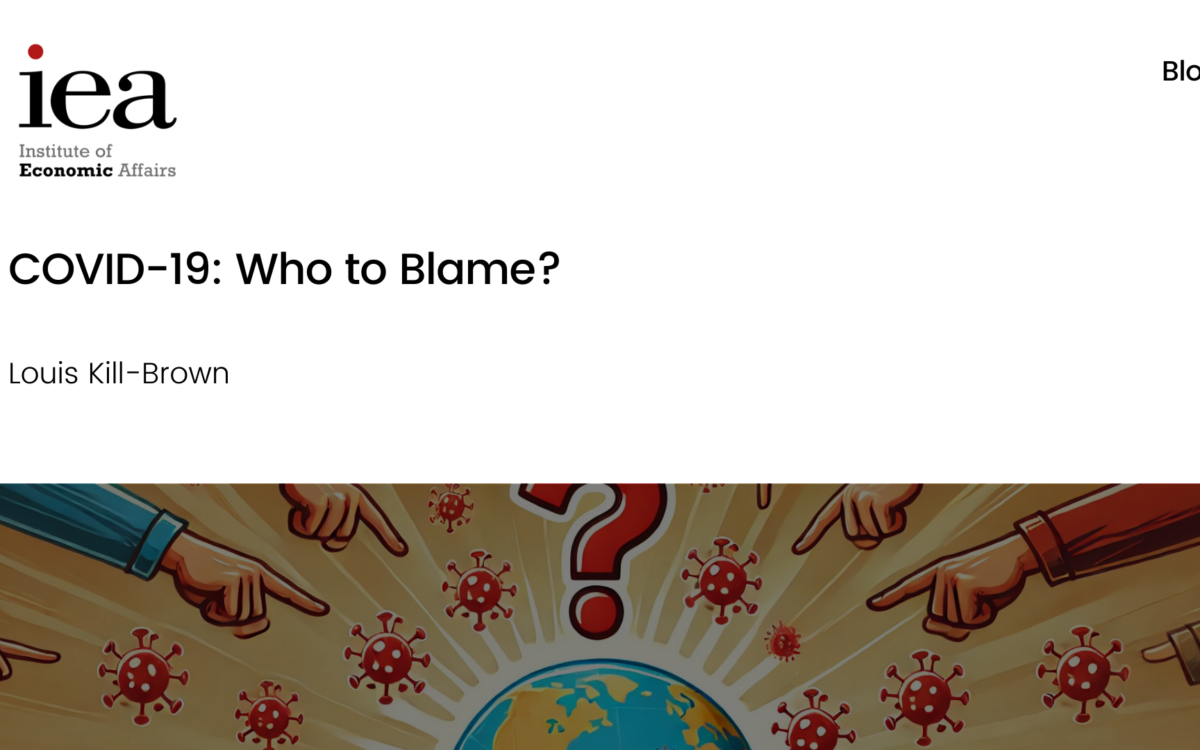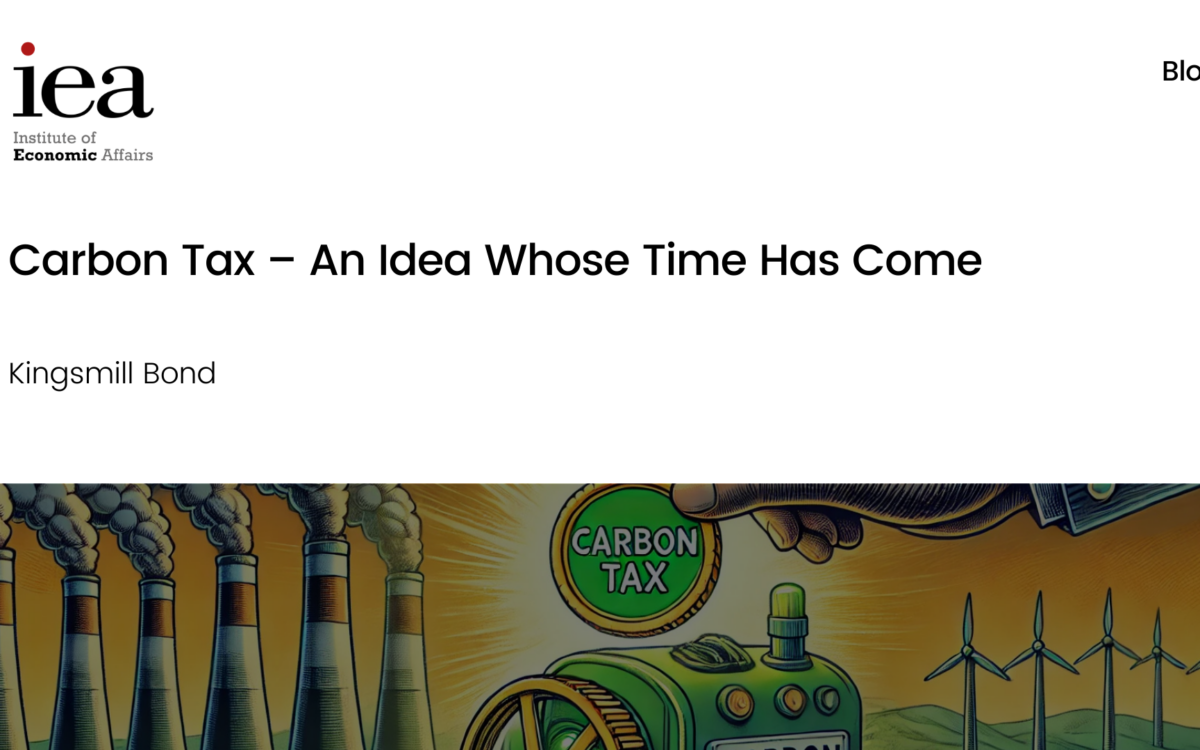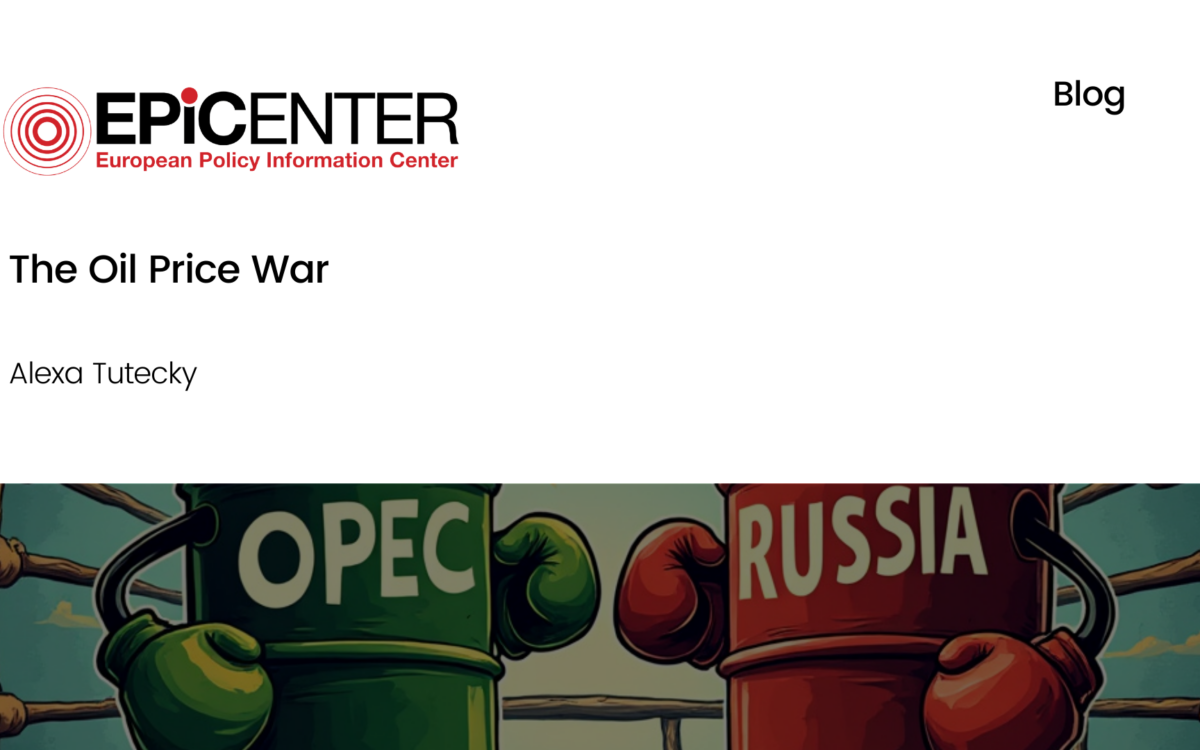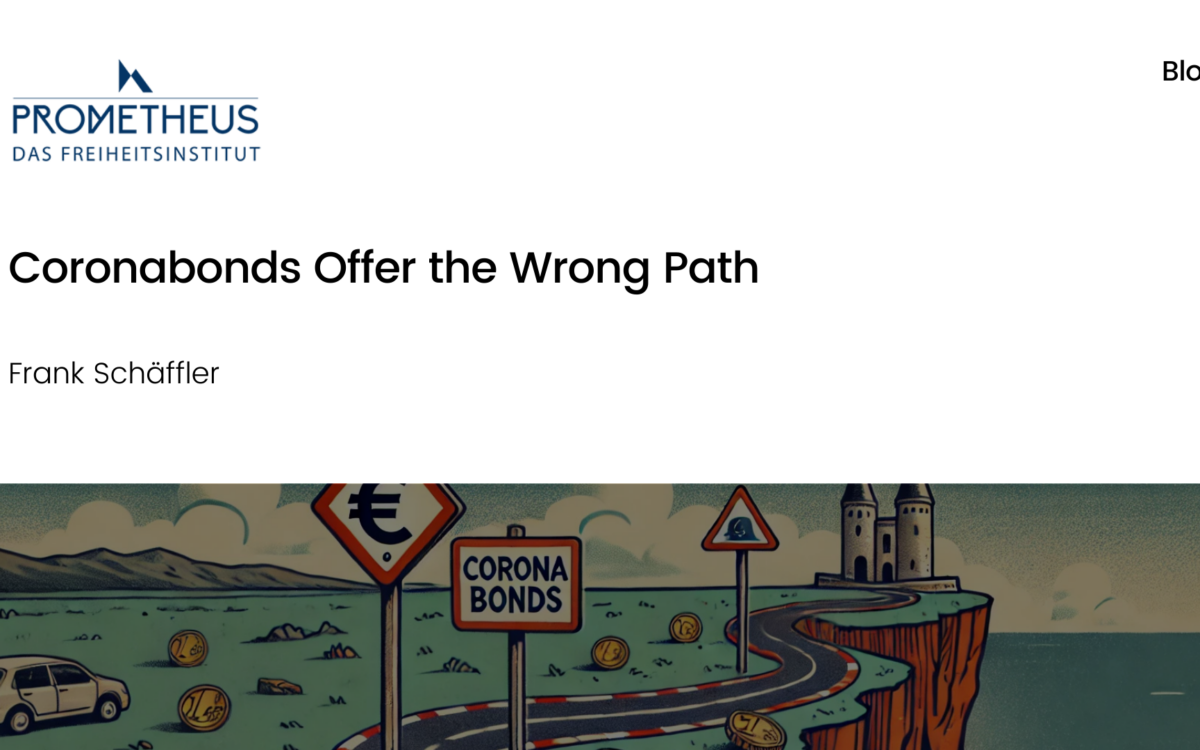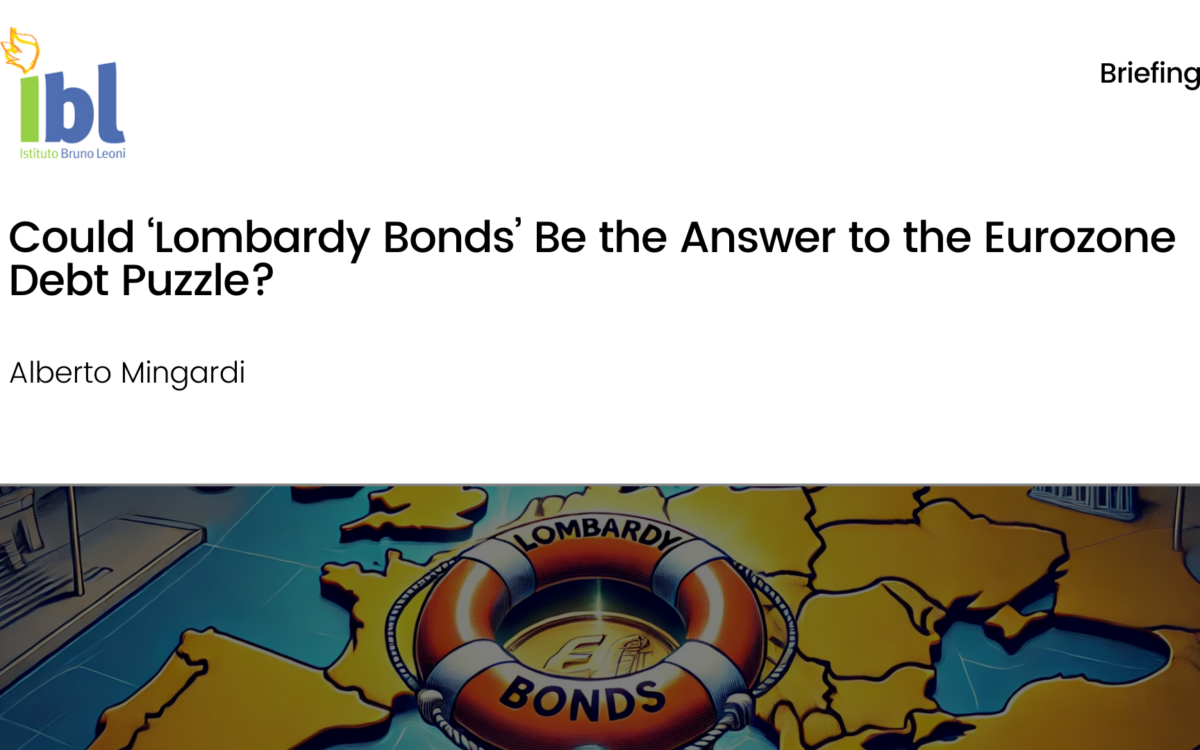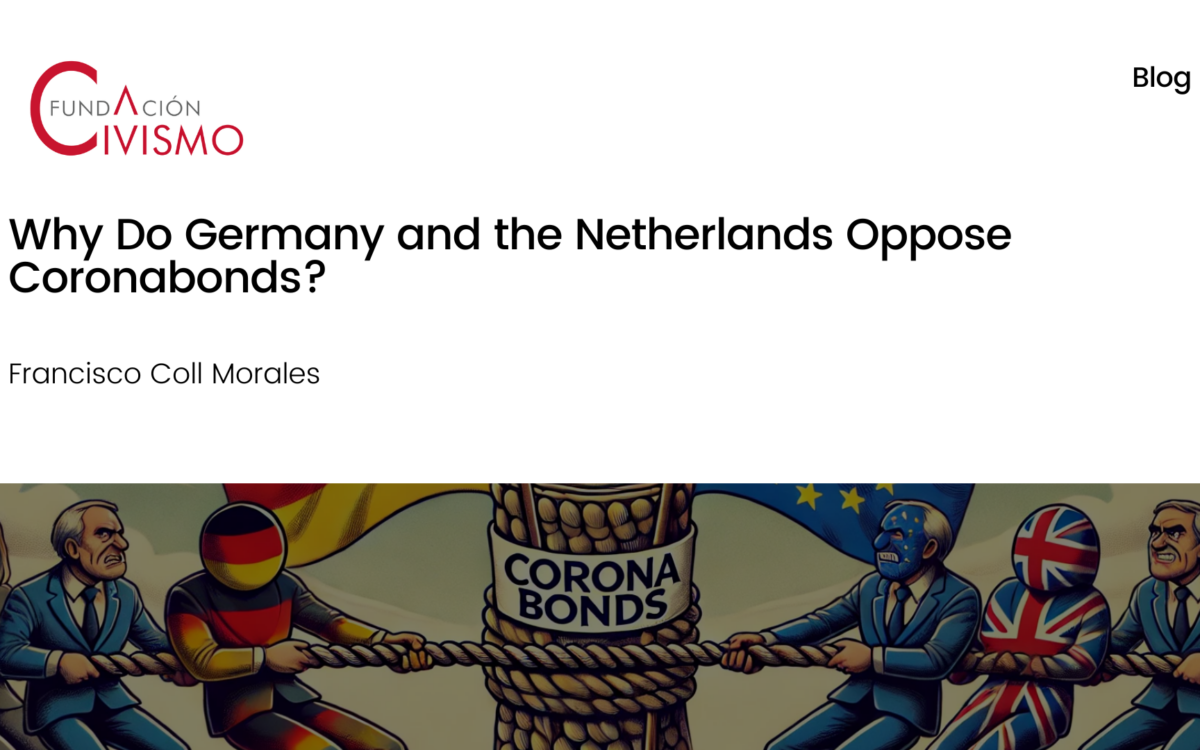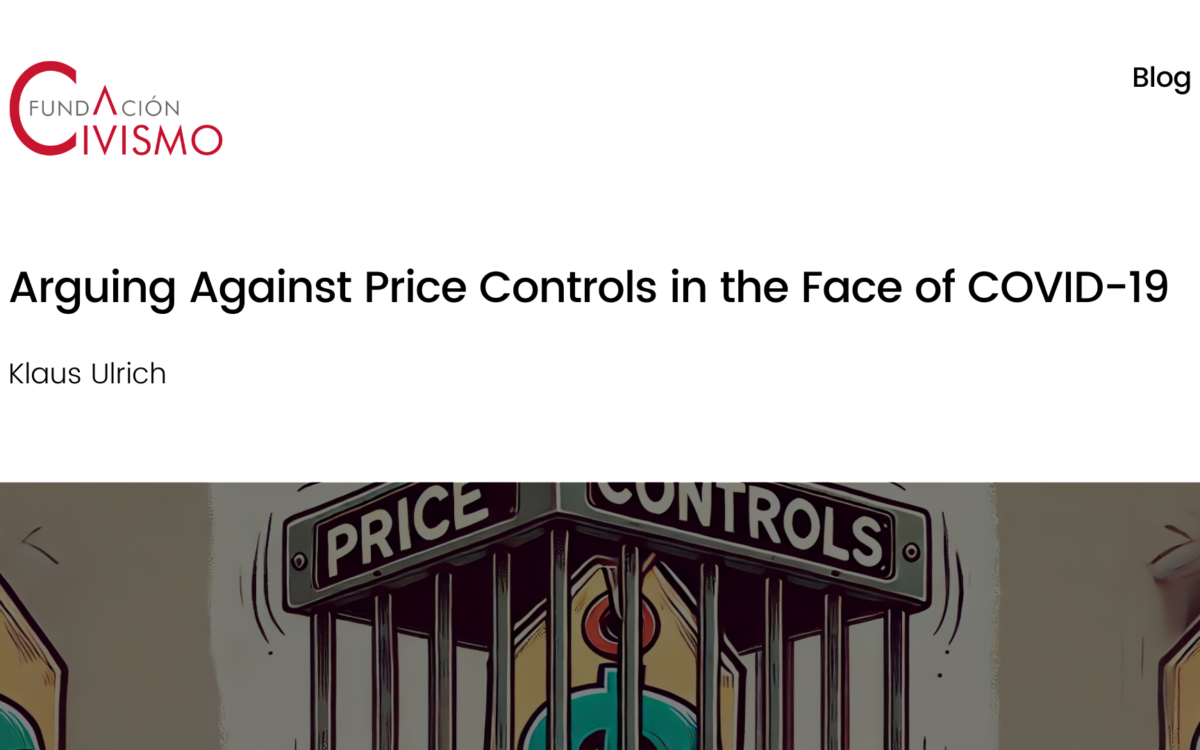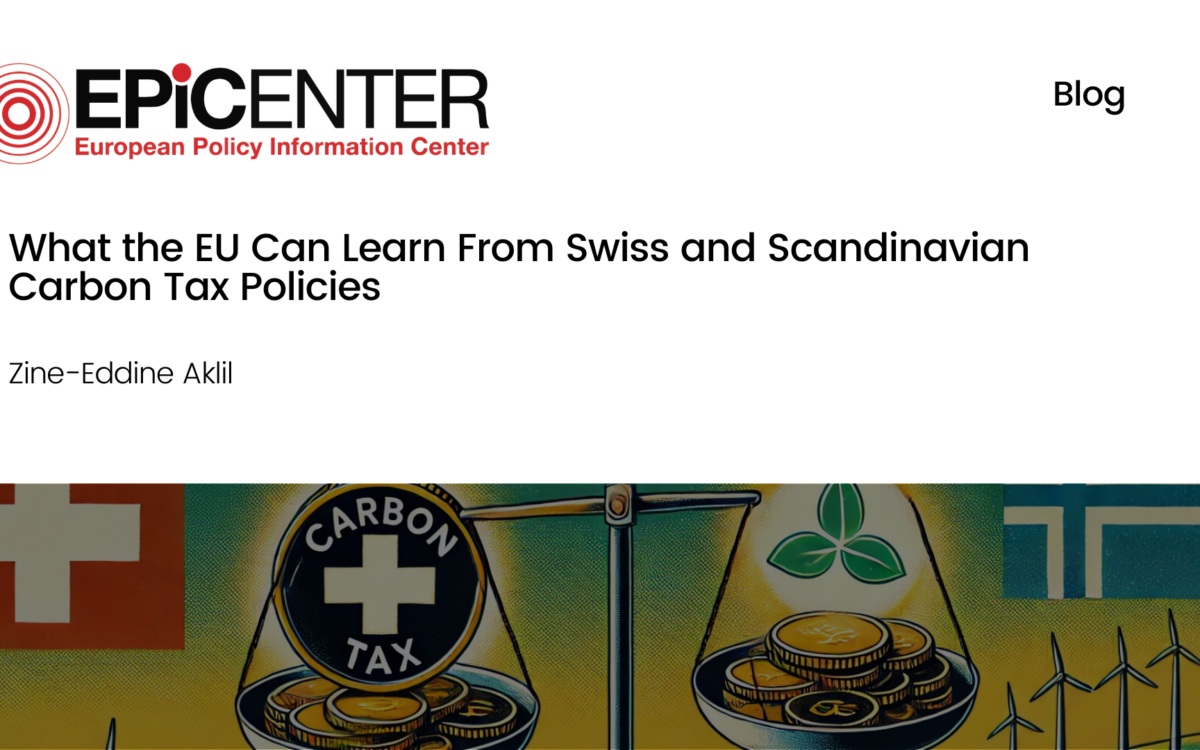Blog
April 30, 2020
Much of the WHO rhetoric on COVID-19 has treated the pandemic as an unavoidable, natural disaster devoid of blame – this is absolutely not the case.
April 22, 2020
I was sitting in a hot tub in Leningrad in the summer of 1990 when I realised the Soviet Union would fall.
April 21, 2020
In tandem with the stock market crash, following persisting negative news regarding the coronavirus, oil prices have drastically dropped.
April 16, 2020
Published by Prometheus on April 16, 2020
Categories
The German newspaper ‘Süddeutsche Zeitung’ published an open letter by well-known artists about an initiative to issue Coronabonds in order to share the burden of the pandemic across the EU.
April 15, 2020
At the last Eurogroup meeting, Eurozone finance ministers agreed to set up a ‘Recovery Fund’ to help trigger an economic rebound once the lockdowns are over.
April 11, 2020
In recent weeks, the global impact of the coronavirus has brought a huge number of new questions to the fore.
April 9, 2020
Periods of economic crisis are a breeding ground for all sorts of populist ideas, often ideas that had been discarded in the past due to their dire practical implications.
April 8, 2020
Although the COVID-19 pandemic is by no means over, in Spain we can already start to learn some lessons that will ensure the same mistakes are not made again if we are ever unfortunate enough to face a similar situation in the future.
March 31, 2020
The EU has established a plan to cut greenhouse gas emissions through a €1tn European Green Deal. It aims to make the entire bloc carbon neutral by 2050.
